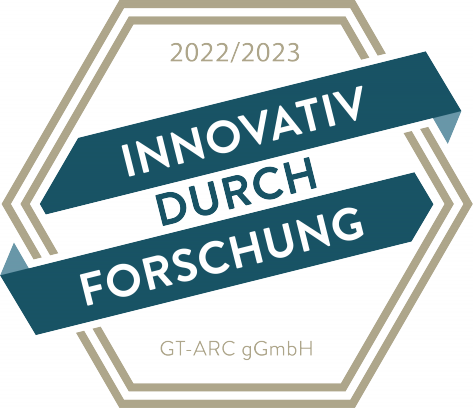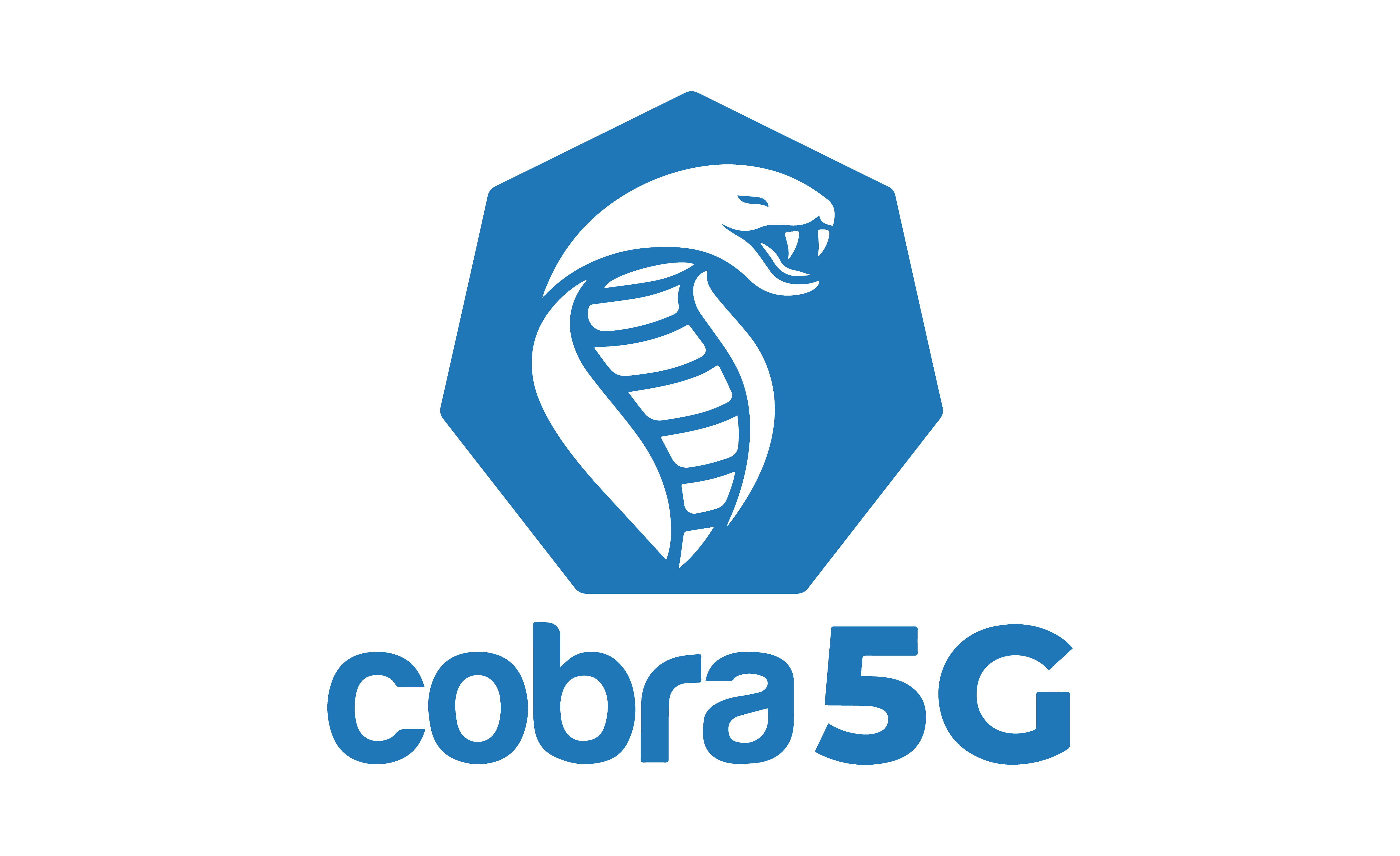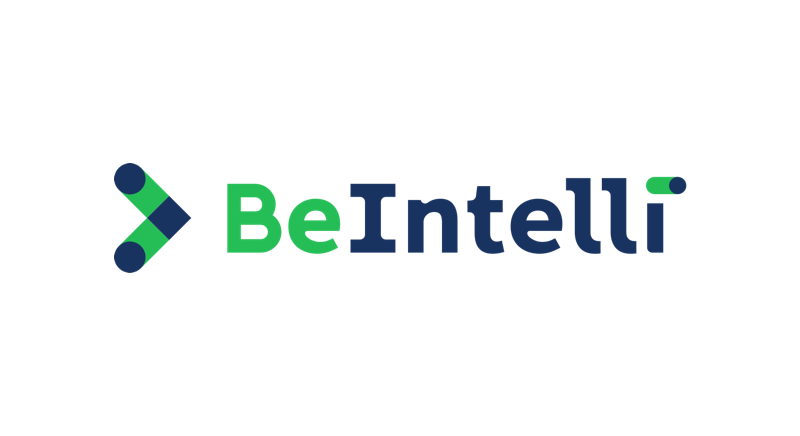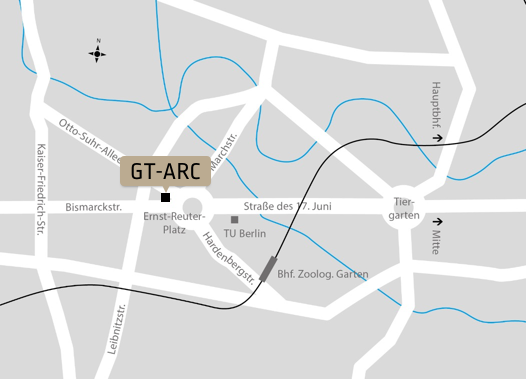German-Turkish Advanced Research Centre for ICT
An Affiliated Institute of TU Berlin
International cooperation is essential for the formation of future projects because looking beyond the obvious and realizing different social and cultural experiences are key factors for cracking technical questions concerning the future city.
No matter if it is Berlin, Frankfurt, Paris, Istanbul, Ankara, New York or Kairo, big cities worldwide have similar challenges for the future.

GT-ARC’s mission is to take a leading role in creating ICT-based innovation through German-Turkish cooperation by (i) bringing the bright minds of the two countries together to design and develop core technologies for future innovative solutions, (ii) providing a framework for joint projects, staff mobility, idea exchange, and value creation among relevant stakeholders.
RESEARCH
Motivation
Information and Communication Technologies are increasingly used in our society for solving problems and challenges in domains ranging from energy, health and security to transport and telecommunications. As a result of this trend, new technologies emerge with very short innovation cycles, and face with several critical limitations such as scalability, performance, efficiency, reliability, availability and usability. These diverse and complex problems require cutting-edge multi-disciplinary research supported by strong engineering skills.
Research Focus
GT ARC focuses on the research and development of enabling ICT platforms, mechanisms, and tools for contemporary solutions that address the grand challenges and needs of our society, such as mobility, energy, and health. Based on this goal, GT ARC focuses on following basic research topics:
AI MIDDLEWARE
Aims at a holistic approach to support the streamlined development and deployment of data-driven applications towards realizing distributed autonomous systems, focusing on making device data available for AI/ML applications.
In this context, we have been developing an “AI middleware” and associated tools, which support both the extraction and semantic abstraction of device data as well as the development, deployment and monitoring of AI solutions on the ingested data.
DATA ANALYTICS
Provides the necessary run-time and testing environment for AI models, libraries of trained AI models and data sets, as well as the supporting tools for general planning, perception and prediction functions.
A particular research focus of GT-ARC is on the design and development of the algorithms and tools that support more automated ML model selection and hyper-parameter optimization. We are also increasingly more involved in enhancing the explainability of AI models in our research, improving their applicability in critical domains such as automated mobility and health.
CYBERSECURITY
Focus is on the design and development of novel algorithms and tools to support network vulnerability monitoring and analysis as well as AI-based attack prediction, detection and response for connected systems.
In this direction, we have been developing both a real test environment and a simulation framework for monitoring and visualizing the network vulnerability state, attack modeling, and possible countermeasures. These are then utilized for game-theoretical modeling of attacker-defender interactions and the identification of countermeasure tasks, algorithms for automated response selection, and metrics for countermeasure effectiveness.
AUTONOMOUS SYSTEMS
Diversity and complexity of problems require solutions with inherent intelligence such as monitoring its environment, processing the information, collaborating with others and autonomously making decisions.
GT ARC focuses on basic research activities for developing algorithms and approaches with self-* properties such as self-organization, self-healing and self-stabilization. The focal points of autonomous solutions are reliability, availability and adaptability.


